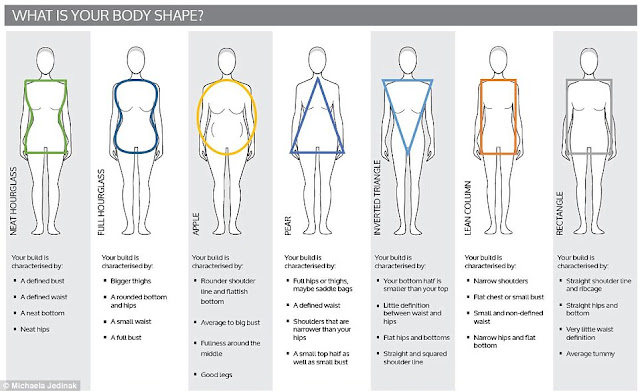How Often Should You Be Peeing Everyday?
Have you realized that while you’re at work, your coworker is almost always at his desk, while you have to run for bathroom breaks every hour? Or maybe, it’s usually the other way around. Well, when it comes to urination, everybody is on a different page – and that’s alright.
So is there really any magic number when it comes to hustling to the bathroom or is there no normal pattern of peeing? To answer this question, there are a number of factors that need to be taken into account.
Bladder Capacity & Bathroom Breaks:
“From your age to bladder sensitivity, there are a number of factors that affect the amount of urine your bladder can hold”
For instance, the older the person, the smaller their bladder capacity will be. A surprising factor that also affects bladder capacity is height. It is believed that the taller you are, the larger your bladder capacity will be.
Obviously then, such factors all come into play to determine how often you need your bathroom breaks. However, the one factor that has the maximum effect on the amount of urine you pass each day is your fluid intake throughout the day. The sensitivity of your bladder also has a role to play. Some people need to attend to the call of nature at the slightest hint of an urge while others can wait till their bladder is comparatively fuller.
The Magic Number:
“The general consensus is that people pee around 4-7 times on an average”
While there is no one-size-fits-all when it comes to urination because of all these factors, experts do have some numbers. According to them, most people pee around 4 to 7 times during the day. In general however, unless you are peeing more than 8 times throughout the day or more than once overnight, you have nothing to worry about.
Very frequent urination can actually be indicative of a number of factors – the primary one being a high fluid intake, of course. Another factor that has a huge influence is the excessive consumption of caffeinated drinks. Caffeine can irritate your bladder and have a diuretic effect, causing more urination than usual. Even medications, such as drugs to manage blood pressure affect the frequency of urination.
Healthy Habits, Healthy Bladder:
“The most important habit to inculcate for a healthy bladder is to monitor your fluid intake each day”
Your ideal fluid intake for a healthy bladder should be around 1.5 to 2 liters a day. Another healthy habit for a healthy bladder is cutting down the consumption of caffeine or alcoholic beverages. A healthy diet, with limited consumption of tomato-based products, spicy foods and chocolates can also help address any issues with urination and ensure your bladder stays healthy. Lastly, even exercises such as Kegels are super-effective in dealing with an overactive bladder.
Our Takeaway:
Despite inculcating these habits, if you still experience a vastly different peeing frequency, it would be best to consult a doctor. A urinary frequency problem that requires medical attention is usually accompanied by other symptoms such as extreme changes in urine color, blood traces in urine, extreme abdominal pain or pain while urinating. Such symptoms require prompt medical intervention to rule out any serious complications and to ensure healthy and problem-free urination!




Comments
Post a Comment